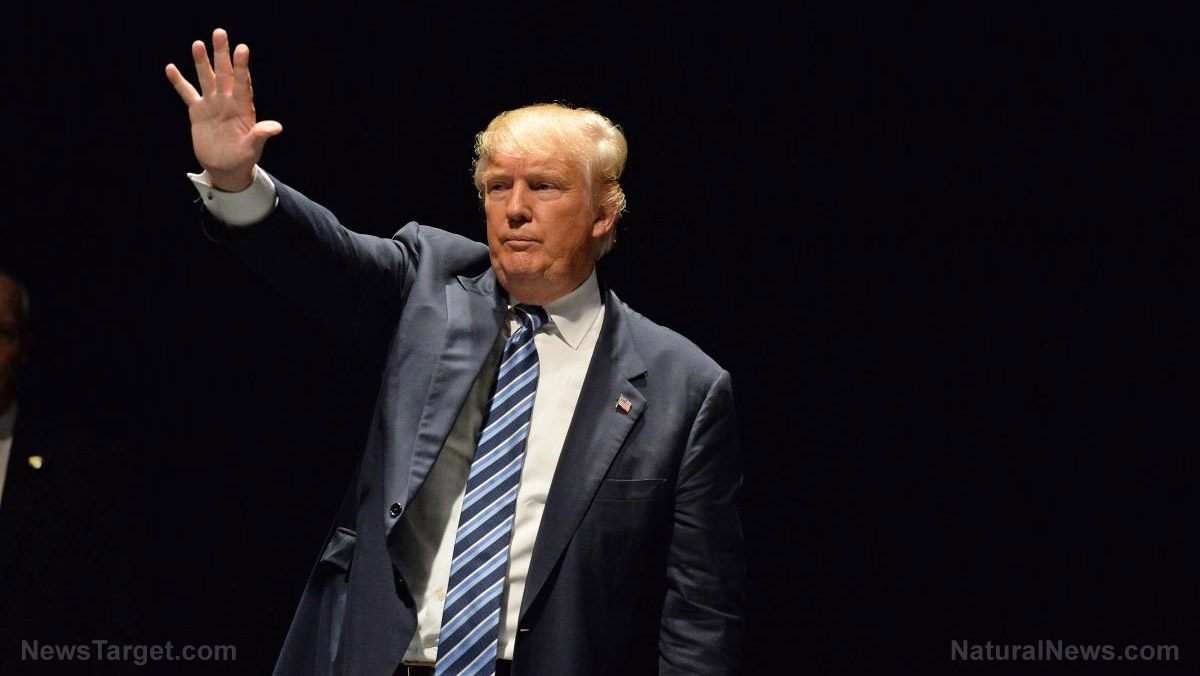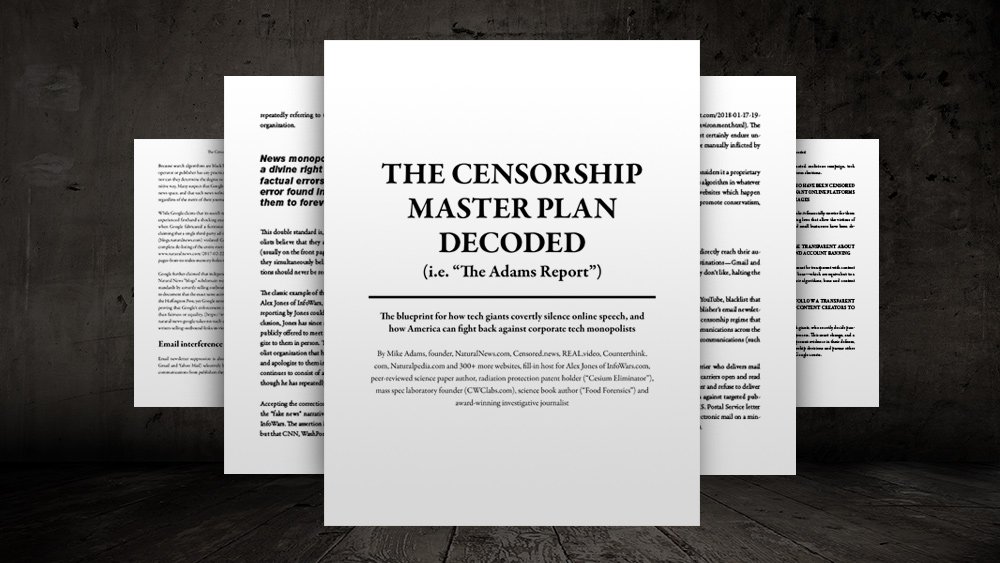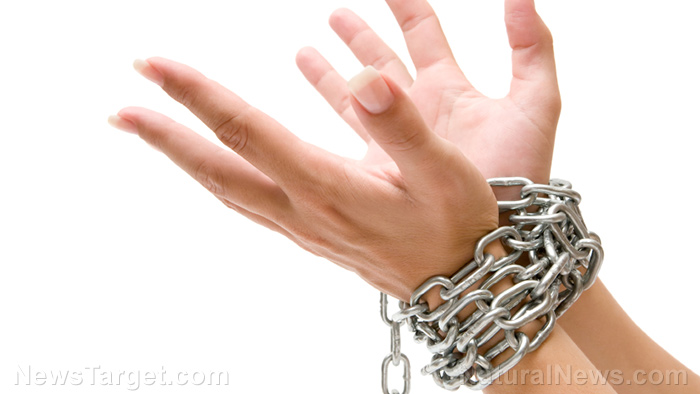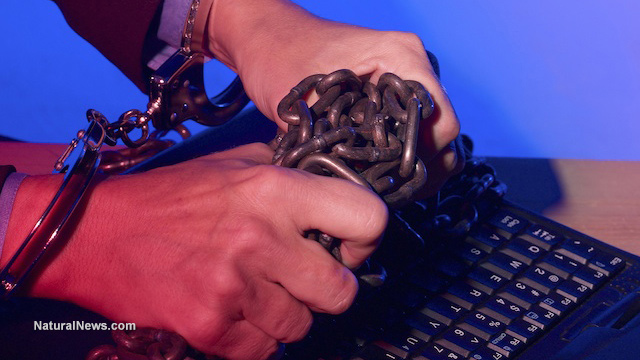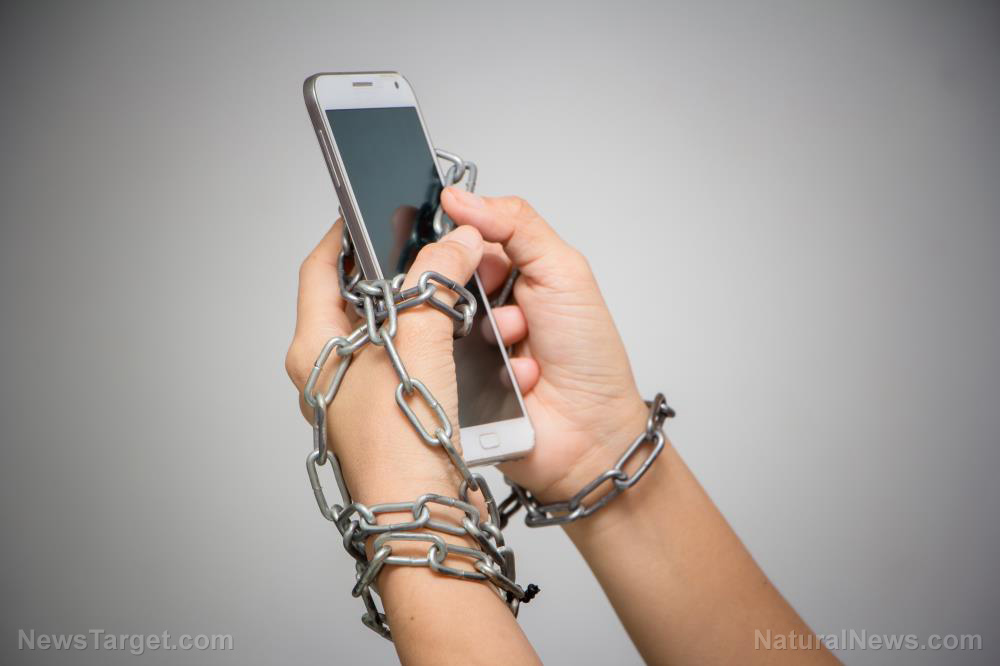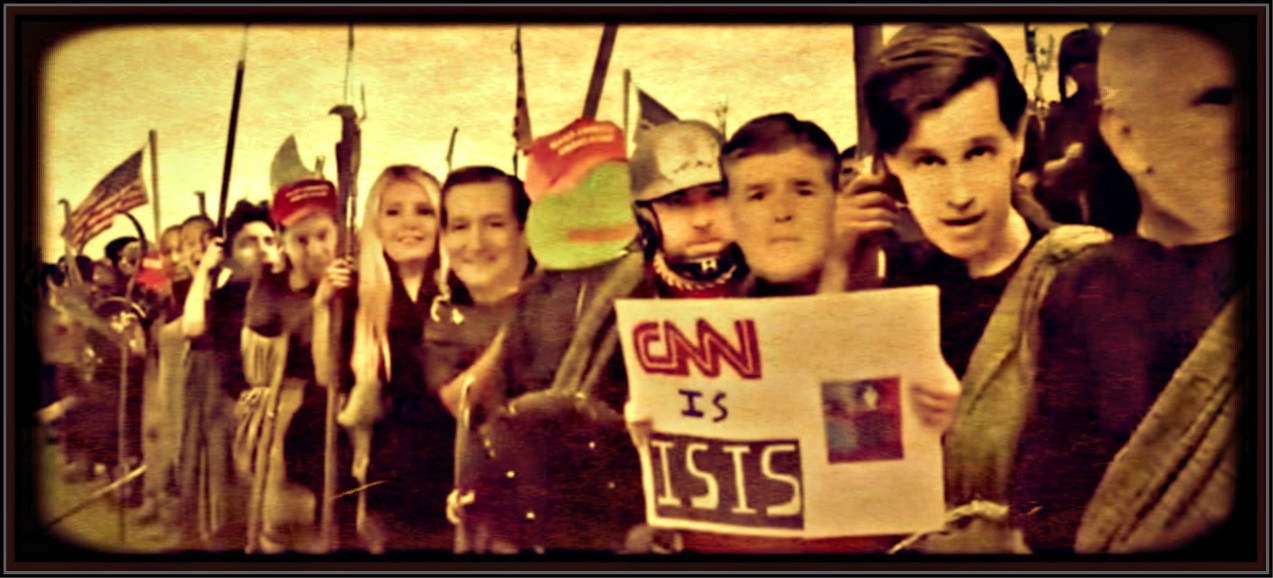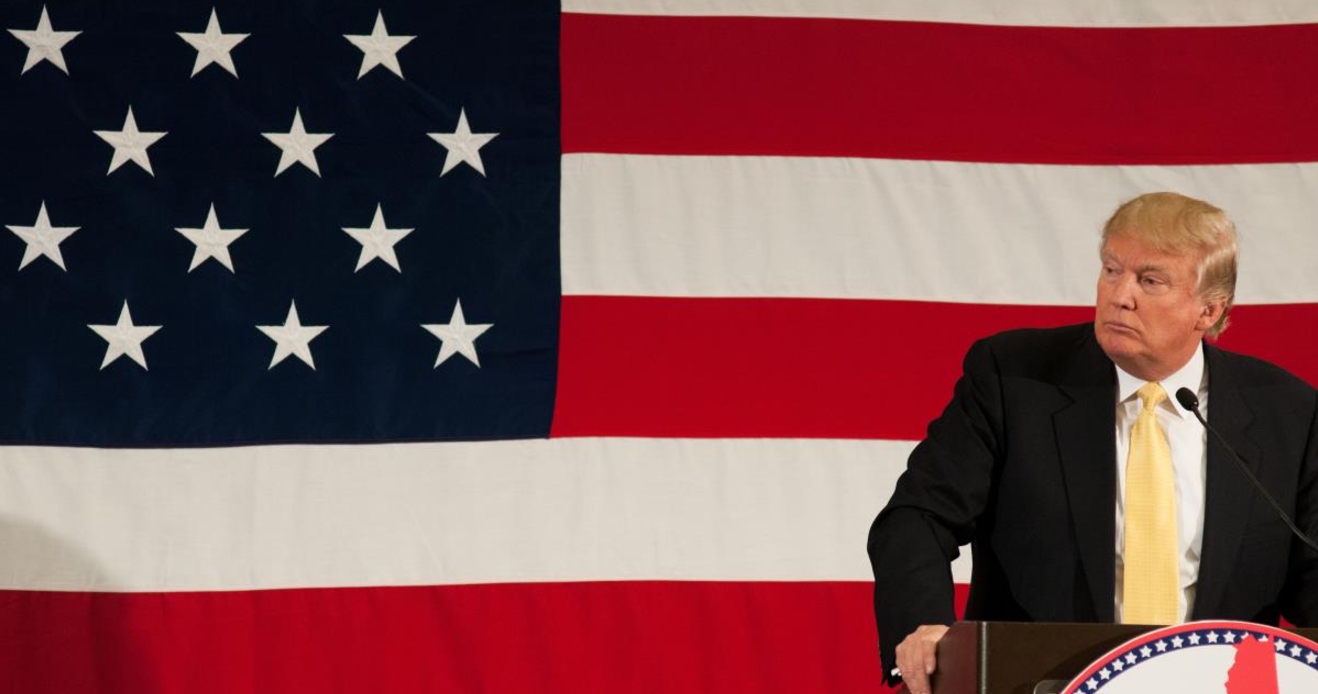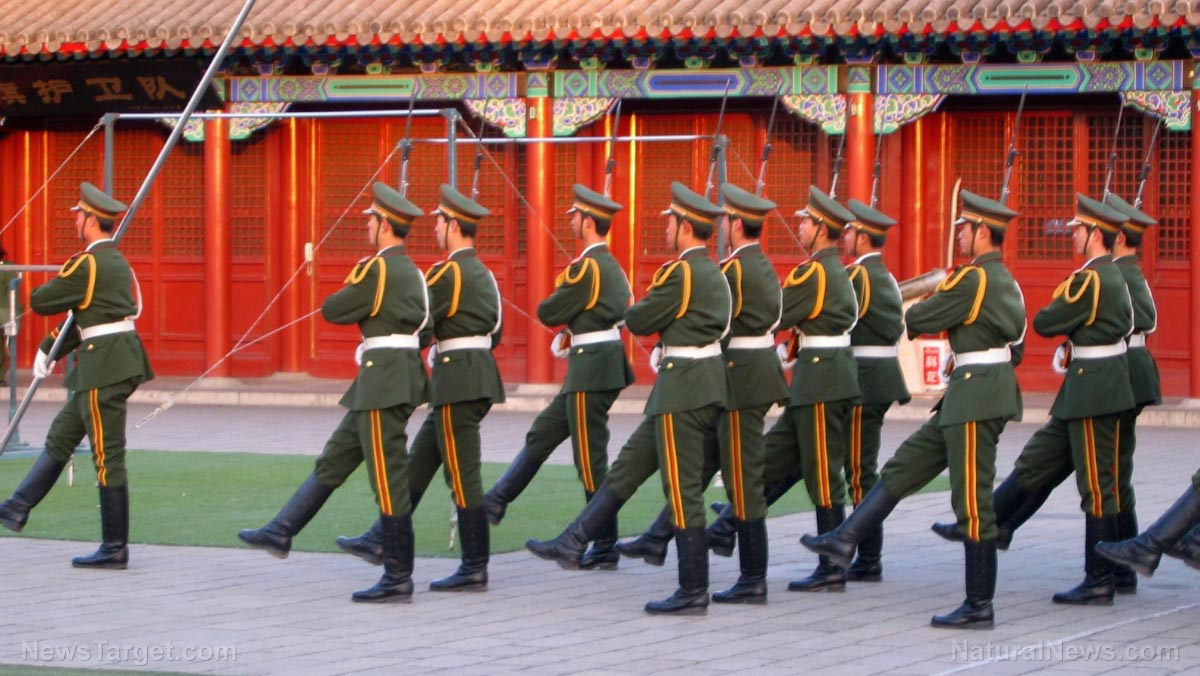Russia tries to unplug from World Wide Web
10/21/2015 / By Chris Draper

It’s been reported that Russia recently conducted a large-scale experiment to test if the country could disconnect from the global internet.
Andrei Semerikov, general director of a Russian service provider, claims that communication hubs were told to cut off communication with foreign channels. Russia reportedly tried to conduct a similar experiment back in 2014, but failed. Russia has denied these reports.(1)
Nevertheless, an expert on Russia’s security services did tell The Telegraph that the country was planning to regulate the information flowing in and out of its systems in preparation for a “domestic political emergency.”
An attack on free speech
This isn’t the first time that Russia has tried to block its citizens from accessing certain information on the web. Back in August, for example, a government agency tried to block a Wikipedia page written in Russian that revealed banned information on cannabis.
And back in May, social media giants including Facebook, Twitter and Google were issued a warning from Russia, stating they could be banned from the country if they violated their strict cyberspace laws.(1)
Roskomnadzor issued the threat in a series of letters to U.S.-based internet firms, stating that the agencies would be banned from the country if they didn’t release data on Russian bloggers and permit the Kremlin to block specific web pages.(1)
According to Russian law, companies are required to provide data on Russian bloggers who generate traffic of 3,000 daily readers or more. These bloggers are held to the same standards as major media outlets. Russian law demands that the bloggers provide the government with their physical work address, which in most cases is their home address.(2)
President Vladimir Putin, a former KGB spy, has referred to the internet as a social engineering experiment peddled by the CIA. In actually, President Putin has been trying to regulate the internet ever since social media platforms enabled a massive Moscow street protest. The protests attracted thousands of people who collectively chanted, “Russia without Putin.”(2)
Putin’s paranoia over the internet has only intensified with the disclosures from National Security Agency whistleblower Edward Snowden.
It’s difficult for Western bloggers, who are enshrined with the freedom of speech, to fathom how much control President Putin has over the internet. Putin owes his popularity among his constituents to Moscow’s regulation of cyberspace.(1)
Some polls give Putin a national approval rating of 86 percent, which supersedes the peak of President George Bush Jr.’s popularity after the September 11 terrorist attacks.(3)
“Russia historically has a top-down order and the Internet flies in the face of that. People prefer to have things neat and tidy and the blogosphere is the complete opposite of that,” Kevin Rothrock, a Russian policy analyst and chief editor of RuNet Echo, said, adding that liberal “bloggers unanimously oppose the law.”(2)
False promises
Putin promised last year that the government would ease its grip on the internet. Nevertheless, his critics argue that these recently instilled cyber laws prove just the opposite and are a direct attack on the freedom of speech.
Just last year, for instance, Kremlin gave itself authority, without court approval, to ban websites that encourage unauthorized protests. And in June 2015, Putin signed a law that would require online companies conducting business in Russia to store six months worth of data at facilities in the country.(2)
More recently, Russia banned an adult movie website, Pornhub, along with 10 other websites, on the basis that they are harmful to children.
Social media websites that fail to comply with Russian law could face fines of up to $14,000 and expulsion from the country.(2)
Sources include:
(1) DailyMail.co.uk
(2) IBTimes.com
(3) Edition.CNN.com
Tagged Under: bloggers, Censorship, cyberspace, freespeech, glitch.news, internet, protest, Putin, Russia, social engineering, Social media, World Wide Web

